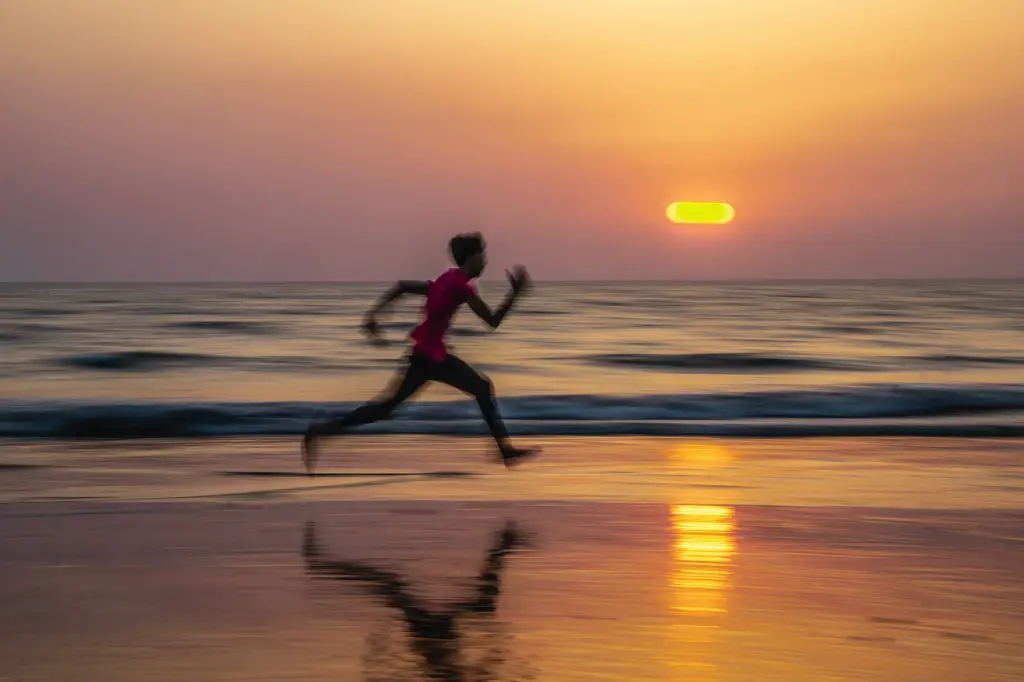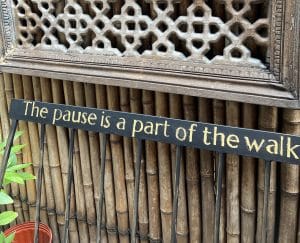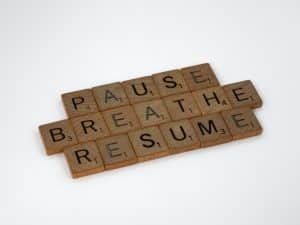
As a coach, I do a lot of work with people who are trying to achieve a particular goal. Sometimes, it’s about making something specific happen, like getting into an MBA program or positioning themselves for a career transition. Other times, it’s about getting “unstuck,” and gaining clarity about what comes next, and how to move forward into it.
Amongst my coaching tools, I include mindfulness because it helps connect us to ourselves, which is usually where the answers lie. People often want me to tell them the answers, and maybe that’s what they think I’m actually doing. Really, though, coaching is about offering perspectives, asking questions, and helping someone to see what they already know, and articulate what’s within them for the rest of the world to understand. Or, at least hear. 😉
One space where I do a lot of coaching is around performance.
For example, I work with people preparing for entrance exams or important presentations or interviews. Performance anxiety is incredibly common in humans, but our reasons for experiencing it can be as diverse as we are. That’s what makes this work endlessly interesting to me. It’s never actually about the “test.” It’s about what you think the test means, for you. The implications of it. The power you give it, and the power you can take back from it.
This summer has brought the subject of mindset and performance into the headlines, with the public statements and behavioral decisions of star athletes like Naomi Osaka, Sha’Carri Richardson, and Simone Biles. Less dramatically, Olympic diver Tim Daley knitted in between his events, to stay calm and focused amongst all the competitive noise. All told, this season has been a bit of a reckoning for the world of elite performance, as it became undeniably clear that physical performance is only one dimension of an individual’s well-being.
To be honest, I feel a certain kind of way about how tools like mindfulness are often used for performance enhancement. It seems to me that often, the tangible outcome is not only prioritized, but isolated as the only reason to pursue the work. Mindfulness itself is diluted to being a means to an end, dismissing the complexity and (I believe) inherent value of the work itself, and the inner journey it can catalyze.
Don’t get me wrong; mindfulness can certainly lead to personal expansion, and increased access to one’s gifts and hard-won abilities. To get there, though, one must be willing to go through whatever emerges from within, even if it requires taking time to process, and even to rest, along the way.
Often, what we’re trying to avoid working through is exactly what is blocking our progress. Even if we’ve managed to work around it for years, eventually, we can deal with it, or let it deal with us.
The greatest gift we can offer ourselves is a willingness to work on ourselves for the sake of our own internal well-being, and not for what we can externally achieve as a result. All of that may come, and when and if it does, it will be far more authentic, sustainable, and quite literally a feat of exceptional human performance as a result.
Spend time getting to know yourself because you’re worth getting to know. Every challenge comes a little easier from that place of inner connection and alignment, including the ones that require us to say what is sometimes the most challenging yet most powerful word of all: “No.”
“Until you make the unconscious conscious, it will direct your life, and you will call it fate.” ~Carl Jung
Photo credit: Swapnil Dwivedi



